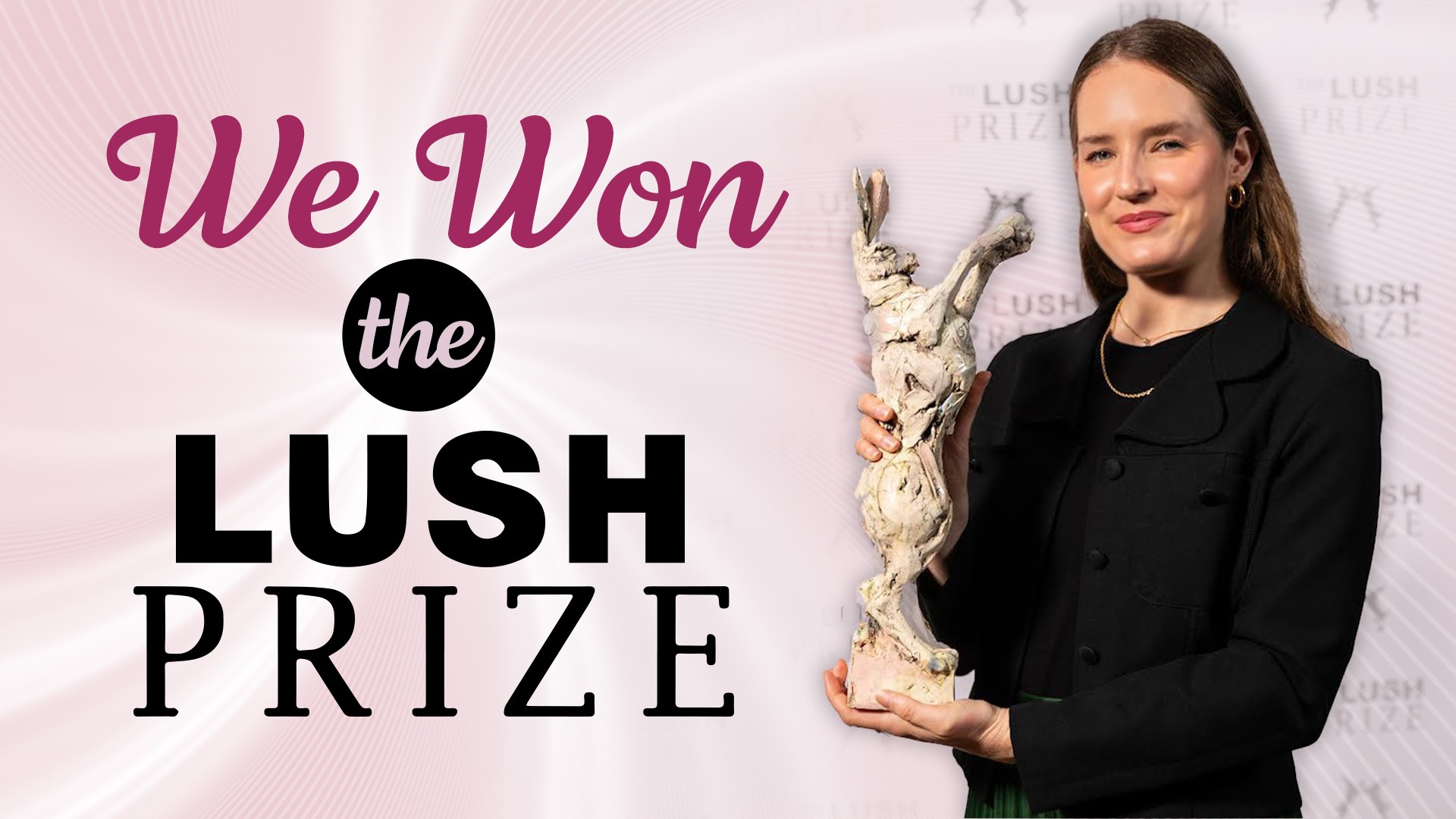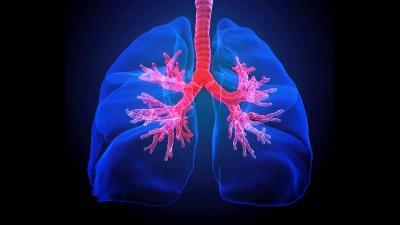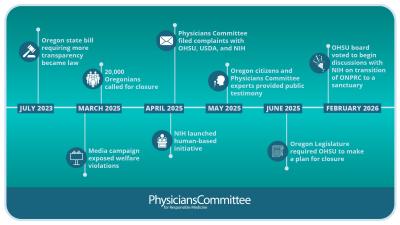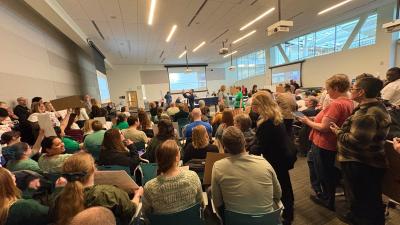COLAAB-orative Effort Led by Physicians Committee Wins Lush Prize

The Coalition to Illuminate and Address Animal Methods Bias (COLAAB), an international collaboration of scientists and advocates co-founded and led by the Physicians Committee, was awarded a Major Science Collaboration Recognition Award from Lush Cosmetics. The Physicians Committee’s Dr. Catharine Krebs was in London on May 21, 2024, to accept the award.
Animal methods bias is the unfounded preference for animal-based medical research methods. It affects the fair and objective consideration of animal-free biomedical research and hampers the uptake and dissemination of these ethical and effective approaches, presenting a barrier to animal replacement efforts and slowing the translation of research findings to humans.
The COLAAB was founded in 2022 to build concrete evidence of the characteristics and consequences of animal methods bias and to develop and implement solutions for overcoming it. The group has already made formidable progress toward these goals, publishing a survey that provided the very first systematic evidence of animal methods bias, a tool for researchers to avoid animal methods bias upon study submission to peer-reviewed scientific journals, and a lay-friendly article about the impact of animal methods bias on medical research and drug development. The COLAAB has also recently begun advocating for bias mitigation measures with major biomedical research funding agencies.
The group has shared its findings with the research community at international conferences and stakeholder workshops. As a result, recognition of animal methods bias and its impacts on medical research is growing: the National Institutes of Health has recently acknowledged that this issue may impede efforts to advance the development and use of nonanimal research approaches. In addition to these achievements and other ongoing projects, the COLAAB has sustained international, cross-sector collaboration, allowing the synthesis and coordination of diverse perspectives—a necessary undertaking to address this systemic issue, which cuts across borders and disciplines.
“The COLAAB is the ultimate collab,” says Dr. Catharine Krebs, medical research program manager at the Physicians Committee and lead coordinator of the COLAAB. “I’m so proud of this amazing team for taking the idea that nonanimal research doesn’t always get a fair shake and growing it into a globally recognized phenomenon.”
The COLAAB is just getting started. Stay tuned to see what else is in store!







